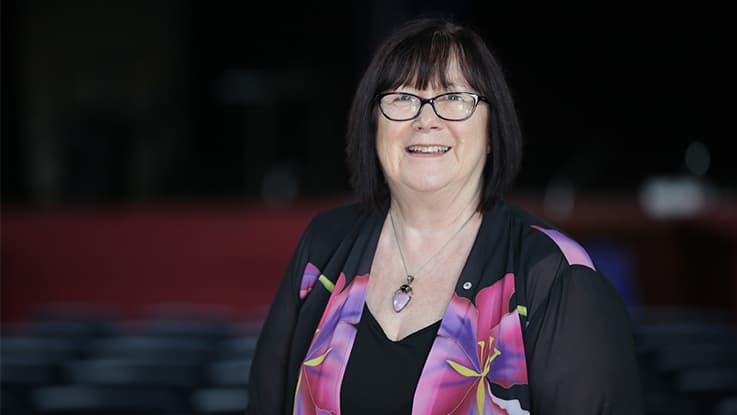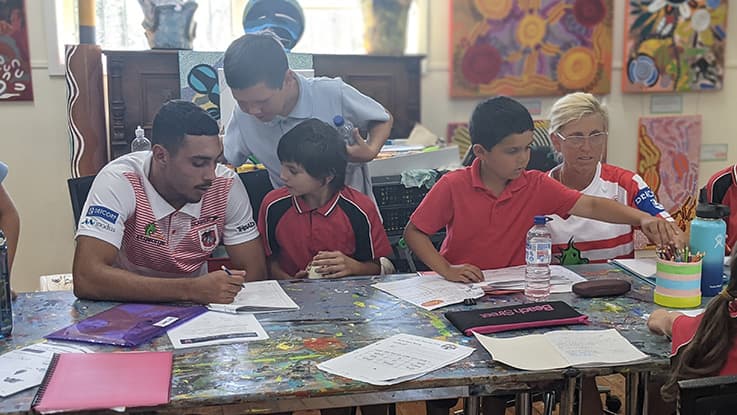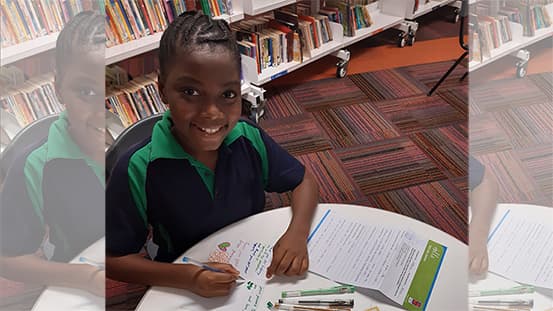
Building a better education system

Sometimes we don't think about the fact that education isn't about the snapshots we are doing on the way through, but it's where our young people then have the opportunity to go with their own lives when they leave school.
Christine Cawsey is a respected educator and school leader with years of experience working in the education system.
As the Principal of Rooty Hill High School in Western Sydney, and in her capacity as a Smith Family Board member, Christine welcomes the opportunity to contribute to the national conversation around reform of the education system.
“Australia is one of the highest-performing education systems in the world. And sometimes we worry a lot about international test measures for 8-year-olds, 12-year-olds, and 16-year-olds.”
“But if we look at our data of what happens when our students leave school, and where they are, at age 25, Australian young people are more likely to have employment, are more likely to have a university degree or a tertiary qualification and are more likely to have stable housing than any of the other countries who are seen as the high performers, particularly the Asian tigers,” she says.
But Ms Cawsey is concerned that time is running out to tackle the widening gap in educational outcomes between students experiencing disadvantage and their better off peers. “Even though we are a great-performing, highly performing system, we have slipped in the OECD measures, so that we are now one of the most unequal education systems in the OECD. And the problem that we have is that that inequality is growing.”
“If Australia does not get this right in the next five to ten years, we will entrench poverty, we will entrench disadvantage, when we have an opportunity to really turn that around at this stage.”
She is also hopeful that the reform process will address the widening digital divide many students are facing. “To do well in a high-performing system like ours, our secondary students have to have, not only access to technology and devices, but the capacity to use them. And increasingly, if they can't, they will be left out.”
Read more about the issues and The Smith Family’s submission to the review to Inform a Better and Fairer Education System.



